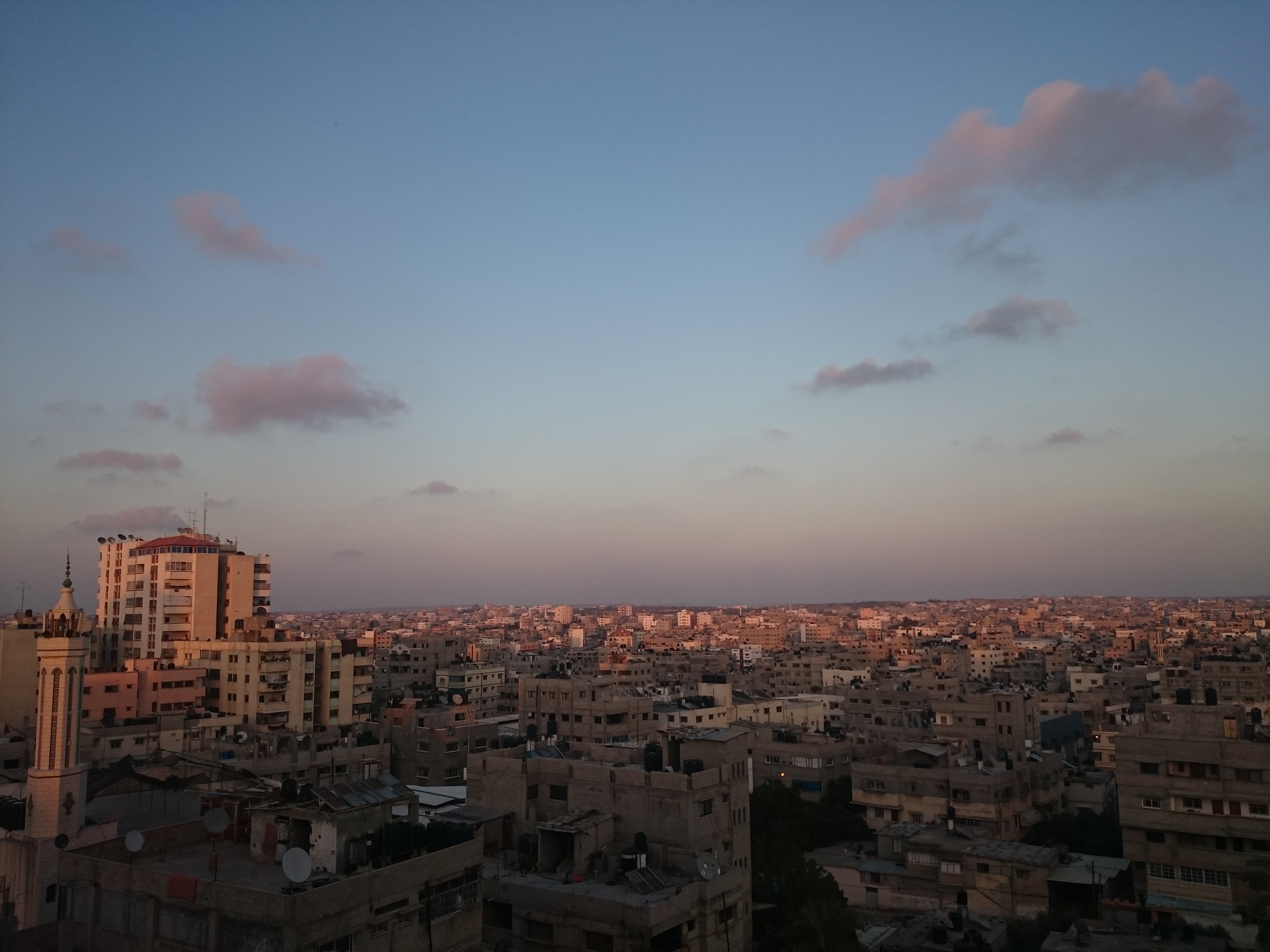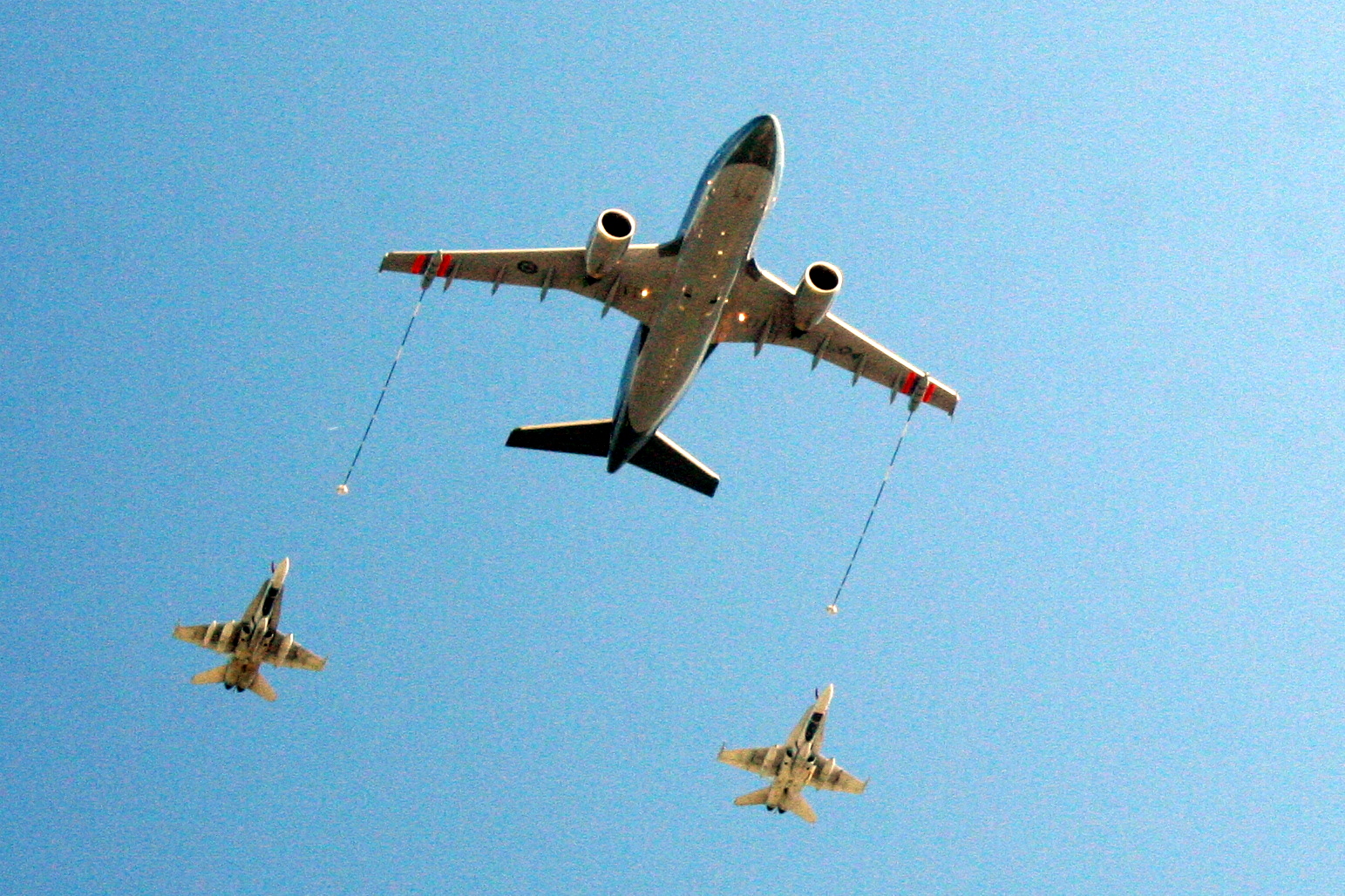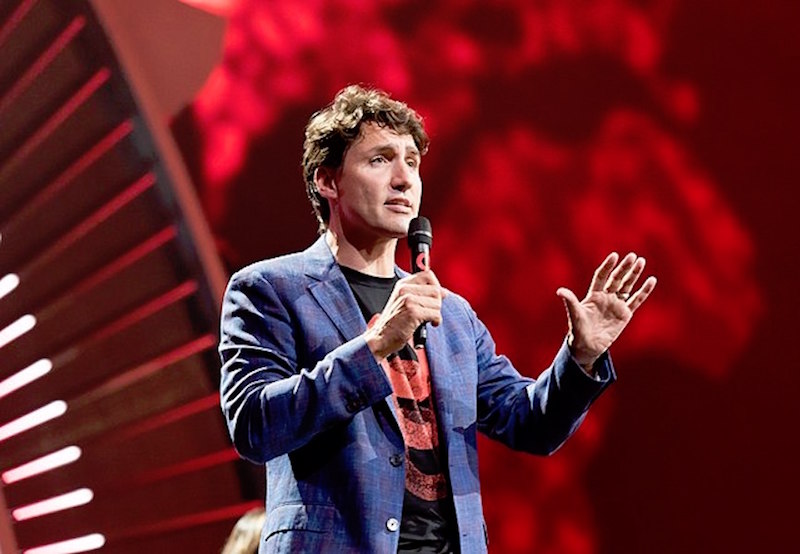 This is the second part of a two part interview. To read more see part 1 of this interview.
This is the second part of a two part interview. To read more see part 1 of this interview.
Many see the presence of Hamas as a major obstacle towards an agreement, in that its presence makes the Israelis insecure about making an agreement. Yet, most experts agree that any resolution to the conflict has to begin with normalizing Gaza first. How do you see that paradigm going forward?
I think the whole notion of ‘Gaza first’, which in no way implies Gaza only, it’s Gaza which has played such a profound and tragic role in Palestinian history over the past six or seven decades, it’s that leaving Gaza as a kind of afterthought as part of these negotiations, has frankly, and this is an objective statement, not borne positive fruits so far. There are 2.1 million people in the area, of which 1.3 million are refugees. Let’s start getting that right. Getting that right implies making the very fragile ceasefire more durable. I think that’s something that is in the interest of Israelis, and it’s something that’s in the interest of the people of Gaza, who have been traumatized by this conflict.
Unfortunately today the devastation in Gaza is widespread. There are parts of Gaza that look like they’ve been hit by localized earthquakes, which is to say not just the targeted shelling of a building here and their but entire swaths of areas that are flat. And that reflects the intensity of the fighting that took place over the 51 day period. So, a prolonged ceasefire should be in the interest of both sides and should be accompanied by a greater willingness by the Israelis. And I should say that we’ve already seen some positive signs in recent months to open up the crossings, the legal crossings between Israel and Gaza, to allow two things to happen, which is easy to say but tough to do. One: for meaningful reconstruction to take place going beyond the repairs to houses that have relatively minor damage, which we’ve already made a lot of progress on. We have 60,000 homes that have walked away with material. But typically these are for houses that have been relatively lightly damaged. We still have over 40,000 homes that were damaged that require major investments; requiring funding to allow those homes to be redone, to allow the economy a social structure, and the factories, the schools, hospitals that were destroyed during the war to be rebuilt.
Will that be enough?
Well it won’t be, and that’s the second point. It’s not just about putting the pieces back together that were destroyed or severely damaged over the summer. It’s about addressing the underlying structural development issues. The reason was that Gaza was in such a miserable place in July 2014 before the war began. To simplify, that is the result of seven years of a very tight blockade on Gaza that the Israelis have imposed, which has really strangled the economy. Some respite was available to the people of Gaza for a number of years due to the illegal tunnels, and they were illegal, between Egypt and Gaza. As you know, with the changing of government in Egypt in July 2013, the new government embarked on the process of closing down the tunnels, which has progressed more over the past year. So that outlet or inlet of goods coming into Gaza, and people going out too, has pretty much closed.
As you would expect, 2013 and the first half of 2014 witnessed a real plummeting in the economy of Gaza. Measurements that we were telling the world before the war that food insecurity is going up and food rations are going up as high as 55-60%. A real sense of hopelessness, which in part contributed to the war this past summer. So, to sum up, we need international support to reconstruct Gaza, but we also need international support to address the underlying development issues. In a nutshell, they relate to two things, water and energy. It should be the other way around. There’s not enough energy in Gaza to allow desalinization to take place. Desalinization we need because the one and only aquifer in Gaza is contaminated from both contaminants found in the ground and salt-water intrusion, and it’s undrinkable. The other way that the aquifer can recover is by letting it rest and having an alternative source of water. The Israelis can pump some water into it, but what it really needs is a desalinization plant. In order to sort that out, you need not only the plant but also the energy to run it.
With that, with the opening of the crossing, just to be optimistic for a moment and not delusional because I’m confident in what I’m about to say, with an opening of the crossings allowing not only construction material to go in, but products produced in Gaza to go out to the primary markets that are first and foremost Israel, Israel is a natural trading partner of Gaza and the West Bank. To allow freedom of movement, particularly workers in Gaza to work again in Israel, and by addressing the energy issue you can see a quick rebound in Gaza and reverse the process of what’s been called de-development. Gaza is one of the only places in the last ten years that has not moved forward, not stayed the same, but has actually gone backwards in development terms. But that doesn’t have to be that way.
A complication is that a lot of construction material is used to build tunnels, not just into Egypt but also into Israel, for offensive purposes. What can the international community do to put pressure on Hamas to comply more with infrastructure building, as opposed to offensive tunnel building?
During the war, we brokered an agreement between the Israelis and Palestinians, that is to say Ramallah, guiding the import of construction material into Gaza. It’s a rather robust monitoring of material from the source in the West Bank or Israel to where it should go in Gaza. We have about 120 people on the ground and we feel confident that the material going into Gaza through what is called the Gaza Reconstruction Mechanism, which as I said was approved by both the Israelis and Palestinians, is being used for its intended civilian purposes.
However, I just want to be forthright and say that it may well be the case that some individuals are acquiring, procuring and eventually using. I think we have about 64,000 homeowners that are using some of our material. They may be selling some of our material and construction material to others, but we have every reason to believe that that is being used for civilian purposes. And the reason that is taking place, and this falls under the rubric of black market, is that the poverty is so deep in Gaza that if you had a house that has three walls that need to be repaired and you have, say, 50 bags of cement to do that, you might say “well, I’ll use 40 bags of cement to repair my house and I’ll sell 10 to my richer neighbor because I need money in my pocket so I can buy food.” The situation is that difficult.
But just going back also, if we are going to have a lifting of the blockade, Hamas is going to have to play ball. That means no attacks against Israelis, which goes without saying. That also means stop testing rockets and stop building offensive tunnels that can threaten Israel. So, they’ll have to do their part if we can expect the Israelis to significantly lift the blockade. That’s the only way that we’re going to get something that I think everyone wants, which is stability. We want stability. We want to see an economy in Gaza that’s thriving for humanitarian reasons, so that we can reduce the humanitarian program and Gaza can have something resembling a normal economy. A big first step towards achieving peace means a viable and independent Palestinian state because, I must say, as much as we want Gaza to recover and the crossings opened, if we don’t get to that objective, we still will run the risk of everything unraveling once again, as we’ve seen so many times in recent years.
Israeli Knesset Speaker Yuli Edelstein recently said at an event that he believes there are more things that Palestinians and Israelis can work together on that are in their mutual interests, such as youth unemployment and healthcare. He said that the fact that this is not discussed enough in regional conferences presents a lost opportunity. I don’t want to speak for him, but it was implied that he meant a gradual building up towards a final agreement instead of solving everything in one big bang. Is that a viable option, or are we in emergency mode where we need something done now?
It’s a good question. You know in some ways it’s not for me to answer, it’s for the Palestinians. I have to say that the level of mistrust between the two groups is at such a high level now that what seems like a reasonable proposal, like let’s tackle things that we have a common interest on and sort that out and in time we can have reconciliation and a two state solution eventually from a bottom up approach, I’m not sure actually what the appetite on both sides is for that, particularly the Palestinians have a very high degree of mistrust.
Take the issue of water, which is an absolutely vital resource for both sides, the joint water commission has not met very many times, if at all, in recent years. Again, it’s not because water is not important, it’s because I think there are a number of sub-issues there, including Palestinian fears that every time the Israelis want to discuss a subject they want to fold in water going to settlements. Of course, you can imagine the Palestinians saying, “Well, we’re against settlements! They’re illegal to all in the international community, and we’re hardly here to sanction water going into settlements.”
So, one part of me wants to say that’s a laudable approach. Let’s tackle concrete issues that can only benefit both sides, if that could be accompanied by a resumption of meaningful negotiations where both sides say, “This time it may take six months or a year, but we’re going to get there.” I think in parallel that would be a good approach. But if the Palestinians receive this as a substitute for the meaningful negotiations, they would probably be reluctant to engage in it.





